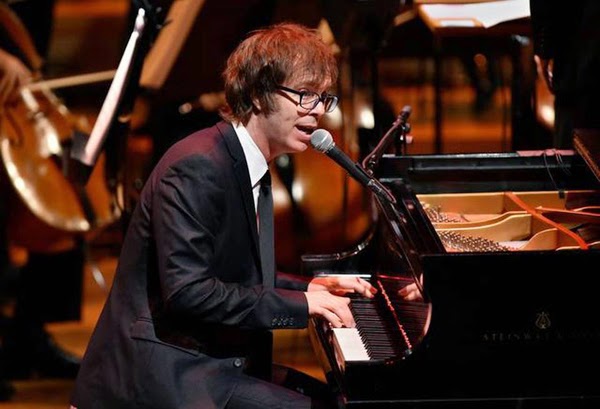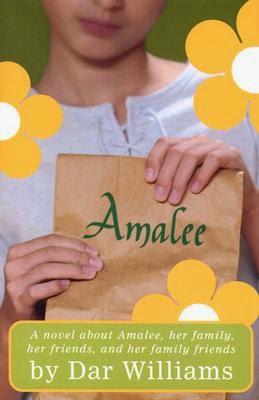route 66 and other kicks: plus what i read in july and august
Last week was seriously culture-packed. It made me happy to
live in L.A., grateful to know so many artists and arts lovers, and a little tired.
On Thursday Bronwyn and I ate the only non-meat items
Phillippe’s serves, then walked across the street to Traxx, the dinky bar at
Union Station that Chiwan Choi has turned into a pop-up literary hub this month. One of my favorite writers, Myriam Gurba, read a moving essay about her
schizophrenic uncle and showed slides of her face Photoshopped onto famous pictures and famous people. Myriam as ET, Myriam as Kim Kardashian. Her work
lives at the intersection of funny, intense, weird and joyful.
Mari Naomi presented a graphic personal essay—meaning a
personal essay in graphic form, like with drawings, not an essay with a bunch of
severed heads in it—about a troubled guy she’d dated. Then a real-life troubled
guy wandered into the bar and started standing super close to her and kind of
harassing her. (Must be a Union Station thing.) One of the show organizers very
gently and very heroically led him away, as all of us stood there watching it
like the world’s most uncomfortable TV show. It was a strange
life-imitating-art-or-something moment, but it could have been a lot worse.
Friday AK and I got a rare opportunity to see Ben Folds and
Elvis Costello from box seats at the Bowl. We would have happily watched grass
grow from box seats, but I love Ben Folds and loved him more after he played
the piano with his whole body and gave a sweet speech about supporting your
local symphony. I think Elvis Costello might be one of those artists who is
culturally adjacent to everything I love, but whom I don’t quite love. I dunno.
I like his songwriting, but his voice is a little too talky/crooner-y for me.
But still: really good company and did I mention box seats?
 |
| Ben Folds, can I be one of your five? |
 |
| Ed Ruscha en Route. |
I Tweeted something about how the Autry had free parking—it
really is the Wild West—and saw later that the museum had re-tweeted it, and
then my family thought I was one of those obsessed social media types.
I didn’t read that much these past couple of months. I’m in
the middle of a lot of books. My palette is persnickety lately.
The Snow Queen by
Michael Cunningham: I love Michael Cunningham
endlessly for asking the big questions--about life and death and art and God
and chance--and doing so in a beautiful way. The story's protagonist, a
middle-aged gay dilettante (or a Renaissance man who doesn't need to prove
himself to the corporate Man, depending how you look at it), also asks these
questions after he sees an ethereal, sentient light in the sky one night.
Shouldn't it mean something? If he *applies* the meaning, is it still real? Is
it responsible for saving his sister-in-law's life? Will it notice his and his
brother's selfish, petty wishes and punish them accordingly? I'm always trying
to parse God Is Love/Meaning vs. Everything Happens For A Reason (which I don't
buy). So I appreciate Barrett's endeavors. Nevertheless, the novel feels
slight. I like it more if I think of it as a novella, but even then, a lot of
what we're told about the characters--like that the sickly sister-in-law is a
stand-in for their mother--seems to happen offstage, or it gets lost between
the big lovely descriptions and ideas. But even a three-star Michael Cunningham
book is a four-star anyone-else book.
Amalee by Dar Williams: Like a lot of the over-ten crowd who read
this book, I picked it up because I'm a fan of Dar Williams' songwriting, which
is always clever and gentle and tells a story. Amalee is and does these things
too, but in a slightly less awe-inspiring format. This is a novel about an eleven-year-old's
relationships to adults in general, and to her father's gaggle of hippie-ish
friends in particular. I enjoyed it, but I also kind of understand why so many
YA books dispense with the adults at the outset. About two thirds of the way
through, Williams added subtle touches of magical realism to illustrate the
power of love in caring for a sick person. That was fun.
 |
| Girl, interrupted, but with a tasty lunch. |
Rapp wrestles unflinchingly with topics no one wants to take on, but which most people must, to varying degrees: grief, luck, God or lack thereof, the impossibility of true empathy (although she seems quite empathetoc, never suggesting that her own staggering sadness is worse than other people's, despite her periodic thoughts along those lines).
I hate self-help books as much as Rapp hates sympathy cards with birds on them. They seem striving and mean, and indeed, one of the topics Rapp takes on is our culture's obsession with planning and achievement. Is it really more tragic when a child with "so much potential" is murdered than when a child with severe disabilities is murdered? What do we mean by the words that fall carelessly from our mouths?
Without being remotely prescriptive, this is the kind of book that actually *can* help the self. By trying to live in the world and experience her son for as long as he is in it, Rapp acknowledges her human struggles, big ones and petty ones, then sets them aside for the more important stuff. When people and institutions and thought systems crumble in their inadequacy, she'll simply say something like "(Rage.)" The book is rigorous and philosophical, poetic and kind. At its heart, though, it is a bit like the baby she describes: simple and true.



Comments